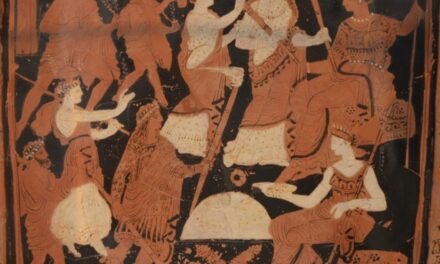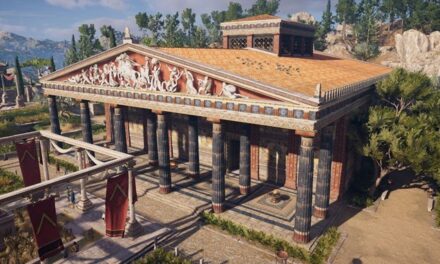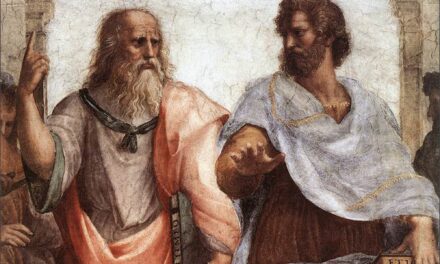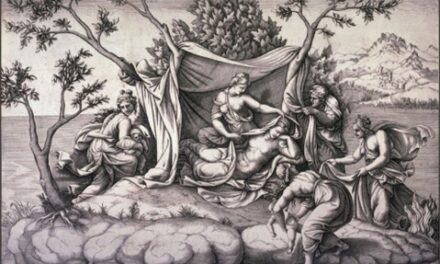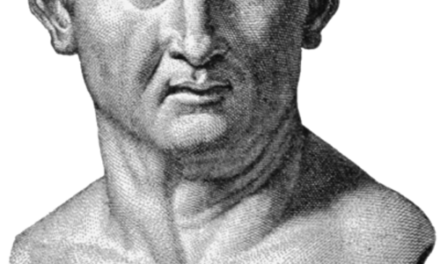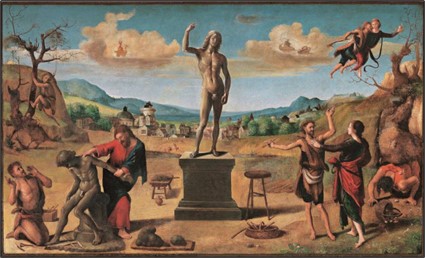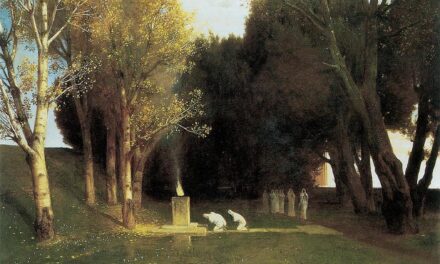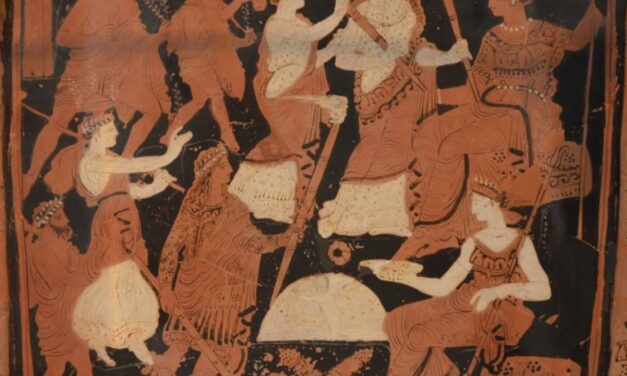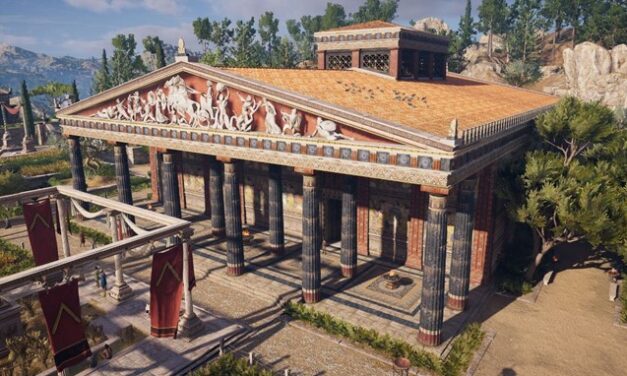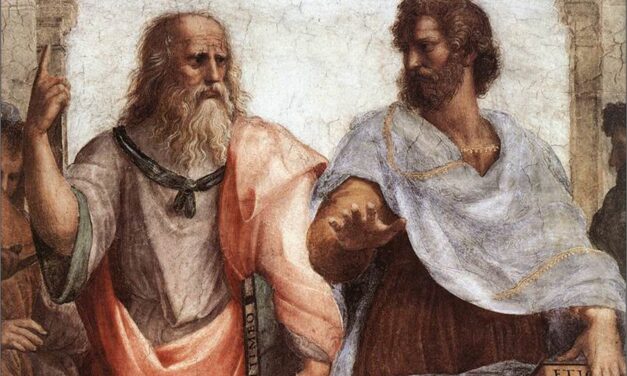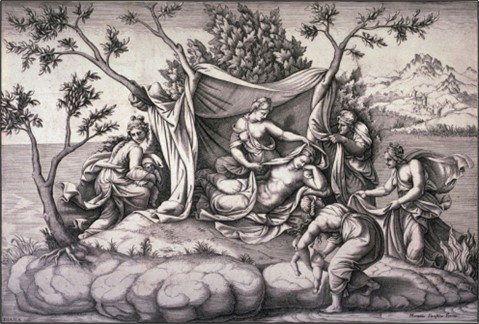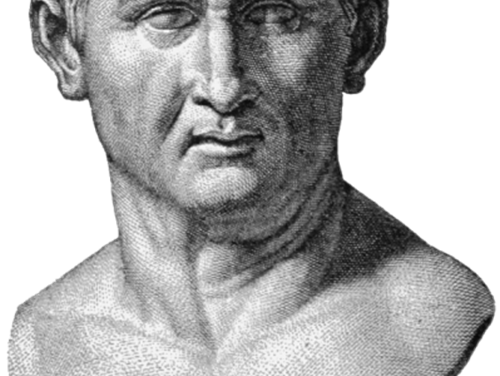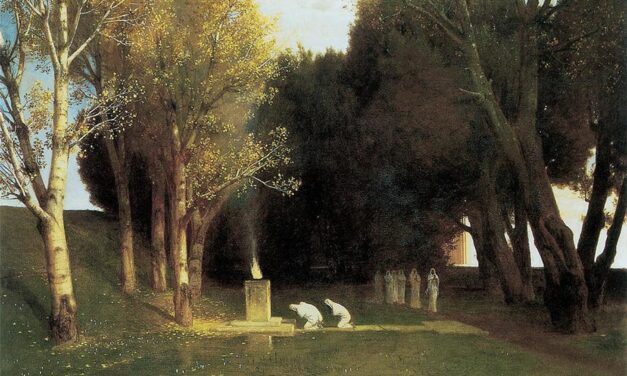Category: Tenet22 Magazine 10
Tenet22 Visual Magazine n 10
Tenet22 Visual Magazine N10
Eleusinian Misteries
The most famous – and at the same time the longest-lived – of the mystery cults of antiquity was that of the Eleusinian Mysteries, in honor of the Two Goddesses, the Mother and the Daughter, Demeter and Kore-Persephone.
The Mysteries
Since the most remote times, the entire long history of the European, Mediterranean and Near Eastern religious experience has been characterized by the presence and diffusion of mystery cults They were generally characterized by a common order, by a common basic rule, consisting in the fact that the set of beliefs or foundations of the cult, of the founding myths, of the religious practices, and the true nature of the teachings and the revelatory message of the Deities should be reserved, to different degrees, for the Initiates. The initiates were admitted and entered a particular community of new men. Initiates were distinguished from the profane, from those who had not had access to the Mysteries (by choice, by impediment or for other reasons of a legal or social nature), and who as such swore a solemn oath and had the obligation to remain silent, not to reveal or profane the secret, which had to remain ineffable.
Read MoreThe Origins and History of Eleusinity
It is correct, yes, to speak of Eleusinian Mysteries, but we should – in a broader sense – speak of Eleusinity.The deepest roots of Eleusinity lie in the culture and civilization of the ancient pre-Greek people of the Aegean Sea; they were all ethnically similar populations, characterized by black hair and olive complexion, who, since the most remote times, inhabited the Cyclades islands, Crete, continental Greece and the coasts of Asia Minor. These populations were all part of the Cretan Empire of the Minos, and, above all, had two elements that united them: the cult of the ancient Titan Gods (overthrown, according to Hellenic tradition, in a war called Titanomachy by Zeus and the new Olympian Gods) and the designation of their progenies through the female line (Matriarchy). Another underlying line of their culture was the common identification with the same sacred lineage, heir to a grandiose previous civilization.
Read MoreThe Meaning of the Mysteries and the Limitations of Modern Historians
Much has been written and theorized about the mystery cults of Mediterranean antiquity. There is a vast number of studies and essays signed by the most authoritative anthropologists and historians of religions in this regard, but we must underline how the guidelines of the majority of these works are influenced by two substantial limitations. The first is constituted, despite the abundance of classical Greek and Latin sources on religious matters, by the fact that ancient authors and chroniclers such as Herodotus, Pausanias, Plutarch, Diodorus Siculus and Polybius, while addressing the interpretation of myths and doctrines religious, they never go into detail about the rituals, contents and initiatory knowledge when speaking of mystery cults. And if they sporadically do so, they still maintain an attitude of closure and confidentiality on certain issues which, in the profane eyes of our contemporaries, could even appear “silenced”. Instead, it is an obvious attitude of respect, derived above all from their adherence to the rule and vow of silence. The majority of certain authors, in fact, had personally received a mysterious initiation (and in some cases more than one), and were therefore well aware of the limes, the boundary line beyond which it was not licit to go when writing about the Gods.
Read MoreMessianity and Eleusinian Mysteries
As was highlighted in the essay From Eleusis to Florence: the Transmission of Secret Knowledge, in the Eleusian Mystery Tradition humanity is considered the daughter of the ancient Titan Gods, defeated by the new Olympic Gods in an epic war, the Titanomachy, narrated to us by Hesiod in his Theogony, but whose memory and profound echo has always been present in all the traditions of ancient peoples, from the Mediterranean to the Near East, from Asia to the Americas. In particular, Eleusian Tradition attributes the creation of this humanity to the four sons of the Titan God Hyaphethos (Iapetus, in Greek Ιαπετός): Atlas (in Greek Ἄτλας), Menoetius (in Greek Μενοίτιος or Μενοίτης), Prometheus (in Greek Προµηθεύς) and Epimetheus (in Greek Ἐπιµηθεύς), who created man and woman in their image and likeness.
Eleusinity teaches us that Atlas gave man Knowledge and Life, Menoetius both internal and external Strength, Prometheus the male seed and Epimetheus the female seed. The Titans then, jointly, gave humanity the “Night”, a term that expresses a concept superior to that of “soul” that we commonly understand, the very concept of the titanic divine essence, which, through and thanks to the work of these four Titans dwell in every man today.
The Historical Primacy of the Eleusinian Mysteries
Marcus Tullius Cicero, initiated into the Eleusinian Mysteries, referred to them in his writings, not only in relation to their work of civilizing human customs, but also to the knowledge of the “principle of life” and the hope of a happy survival after death which initiation was able to confer: “There was nothing better than those Mysteries, by which, having emerged from a rough and inhuman life, we were educated and softened to civilization, and therefore they are called initiations, because we have known the principles of life in their true essence; and we have not only learned how to live with joy, but also how to die with a better hope” . The primacy of the Eleusinian Mysteries over all the other mysterious realities of antiquity is also highlighted by Pausanias (110-180 AD, another famous Initiate into the Mysteries of the Two Goddesses): “By as much as the Gods are superior to heroes, by as much the Eleusinian Institution is superior to the others that refer to the veneration of the Divinities”
Read MoreA Single Primordial Tradition?
According to the Eleusian Mystery Tradition, it is not at all true that all the religions, that have been formed and/or differentiated over time, would indiscriminately originate from that “primordial religion” enunciated by the Pythagorean-Platonic vision, as they are presumed adaptations of the Palaios Logos in the form of one Hieros Logos specific to each individual spiritual form. Furthermore, it would be an aberration just to think so. If we correctly identify that original Primordial Titanic religion in the most authentic Titanic religion which arose and established itself in that golden age when the Titan Gods still reigned with justice over this world, with the first traumatic breaking of the golden chain of Tradition occurred with the Titanomachy and with the victory of the Olympic Gods, the vast majority of the religions that arose and developed and succeeded one another among the various civilizations did so under the aegis of the latter, and not certainly under that of the defeated Titan Gods. Therefore, they have clearly distanced themselves from the Palaios Logos and the Primordial Tradition, adapting to doctrinal compromises and pollutions which have allowed the respective priestly castes to survive and exercise their control over the masses of the faithful ones, but have thus inexorably and inextricably linked to the katabasic path. These religions have given their followers only the illusion of possession of the Sophia Aionia, of the Sapientia Aeterna, while in reality they have clearly distanced themselves from it. If some legacy of the Palaios Logos, of the Primordial Titanic Tradition, can be partially recognized in such religions or doctrines, it represents only a pale and weak shadow.
Read MoreOn the Way to Eleusis: Regaining the Roots of the Western Tradition
Starting from the 1990s, the Mother Eleusinians, for a whole series of reasons that I will explain, decided to undertake a gradual policy of opening up to the profane world, starting from Italy. In essence, they have publicly revealed themselves, making themselves available for open discussion with other initiatory realities and making available to historians and scholars part of their enormous cultural and documentary heritage available. And, at the same time, they began cycles of public conferences and the publication of various books through a network of their own cultural associations. An operation, the latter, which also includes the publication of Nicola Bizzi’s essays, which was authorized and legitimized by the Order of the Eleusinian Mothers. Such a decision – which apparently in the Eleusinian and mystery spheres in general has not found unanimous consensus and agreement – must not lead to easy misunderstandings: the Mother Eleusinians will never spread their initiatory secrets in the profane world, they will never reveal to those who are not capable of receiving its own rites and rituals. Anyone who believes or hopes otherwise is surely deluding himself or acting in bad faith. As Nicola Bizzi explains well, the esoteric and initiatory knowledge is by its nature secret, but secrecy is not only aimed at preserving something from the profane.
Read More


